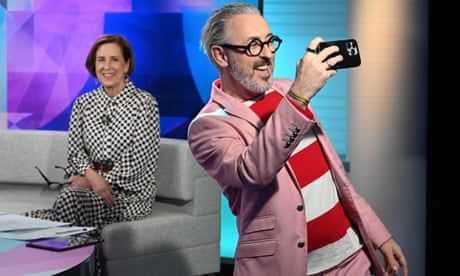
Lisa Nandy needs creative ideas for the broadcaster. A hybrid funding settlement could protect its Reithian tradition
The BBC is still in the premier league of great British institutions – just. Other countries have public broadcasters, but none has the BBC’s range and authority. For generations, the corporation has served as a beacon of quality entertainment and journalism. Its World Service is a global shrine to the English language, with an astonishing 320 million worshippers. The BBC’s viewers pay a licence fee of just over £3 a week per household, which covers national TV channels, radio, iPlayer, a variety of apps and the World Service. That seems remarkably good value.
Yet the problem is obvious. What was designed as the monopoly supplier of British broadcasting is now overwhelmed by a tidal wave of competition. The BBC boasts eight television channels; on my last count Sky had about 50. What with streaming, repeats, catch-ups and podcasts, Britain’s computer-literate younger generation sees nothing special in the BBC: in 2019, YouTube overtook the BBC among under-16s. Yes, the BBC delivers Gavin & Stacey, Call the Midwife and Wolf Hall, but so could someone else and simply charge for them. And while documentaries of David Attenborough’s class remain outstanding, BBC One and Two are otherwise desperate for clicks, and seem padded out with hours of low-cost quizshows, antiques sales and celebrity wanderers.
Simon Jenkins is a Guardian columnist
Continue reading...